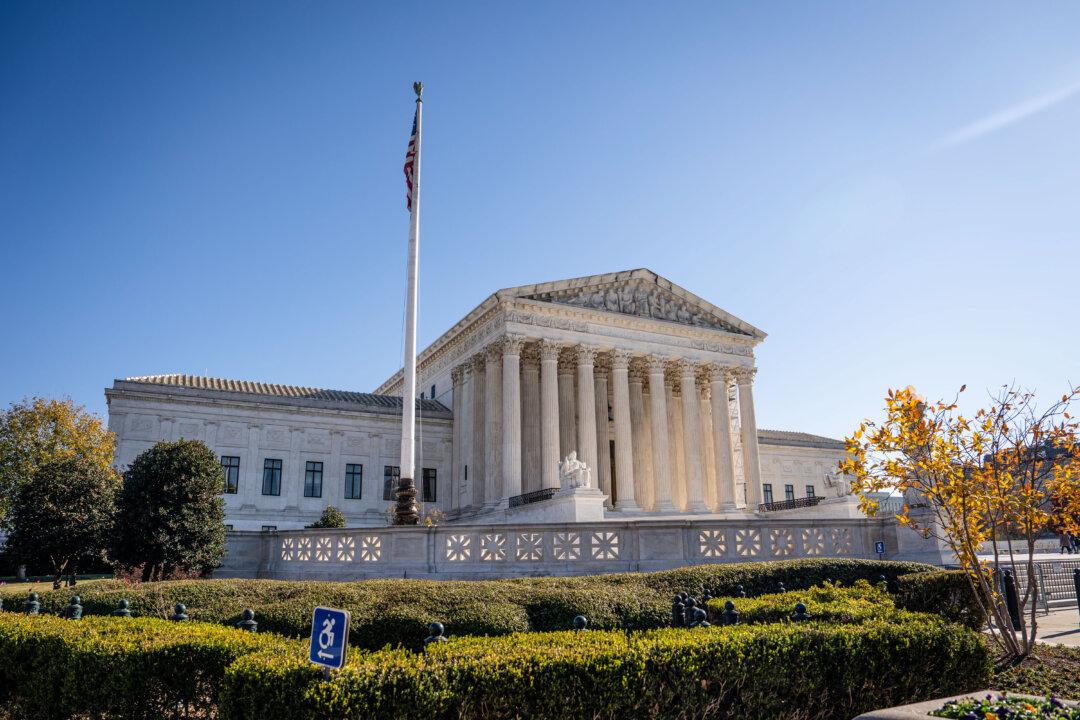The Supreme Court will consider Jan. 10 if a federal law that forces Chinese tech company ByteDance to sell TikTok will take effect on Jan. 19.
The Protecting Americans from Foreign Adversary Controlled Applications Act was signed by President Joe Biden on April 24, 2024, after being approved by large bipartisan majorities in both chambers of Congress. Biden’s term ends midday on Jan. 20.





